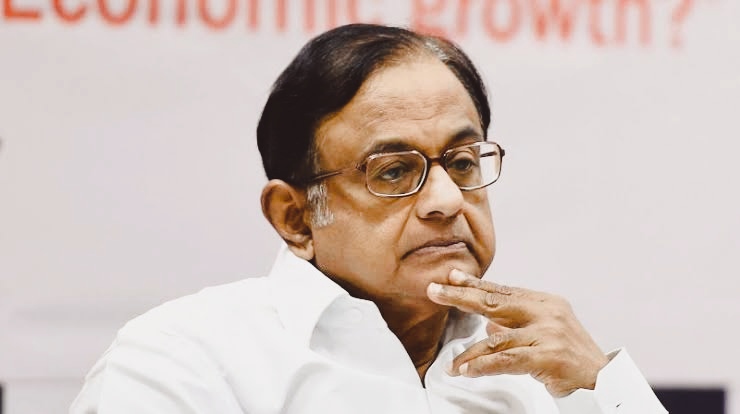*Mumbai, India* – The role of Bombay-based newspapers in India’s struggle for freedom has been nothing short of instrumental. The city’s vibrant and intellectually charged atmosphere served as a breeding ground for revolutionary ideas, and the newspapers of the time played a crucial role in disseminating these ideas and rallying the masses towards the common goal of independence.
During the tumultuous years leading up to India’s independence in 1947, newspapers like “The Bombay Chronicle,” “The Free Press Journal,” and “The Leader” played a pivotal role in shaping public opinion and mobilizing support for the freedom movement. These newspapers were at the forefront of reporting on various events, from civil disobedience movements to historic speeches by Mahatma Gandhi and other leaders.
“The Bombay Chronicle,” founded by nationalist Feroze Gandhi and edited by noted freedom fighter Kasturba Gandhi, fearlessly highlighted the injustices of British colonial rule. The paper’s editorial stance consistently called for self-reliance, swadeshi (indigenous production), and non-cooperation with the British authorities.
“The Free Press Journal,” known for its progressive and nationalist approach, actively covered protests, satyagrahas, and the Quit India Movement. Its founder, Swaminath Sadanand, believed in the power of journalism to influence change and used the newspaper to unite people against British rule.
“The Leader,” another influential Bombay-based newspaper, was founded by the legendary freedom fighter and social reformer, Bipin Chandra Pal. It advocated for complete independence and social equality, garnering immense support from the masses.
These newspapers were more than just sources of information; they were vehicles of empowerment. They provided a platform for intellectuals, writers, and freedom fighters to express their thoughts, challenge the status quo, and galvanize the nation towards a common purpose. The editorials, articles, and opinion pieces published in these papers played a significant role in shaping the mindset of the Indian population.
The role of Bombay-based newspapers wasn’t limited to just reporting; they actively resisted censorship and government control. Many times, these newspapers faced bans, fines, and harassment from colonial authorities, but they persisted in their mission to awaken the spirit of independence among Indians.
As we reflect on India’s journey to freedom, it’s crucial to acknowledge the indomitable spirit of Bombay-based newspapers and their immense contribution to shaping the nation’s destiny. Their commitment to truth, justice, and freedom remains an inspiration as we continue to value and protect the principles they championed.
*Disclaimer: This article is based on historical events up to September 2021.*





